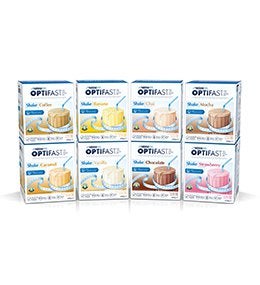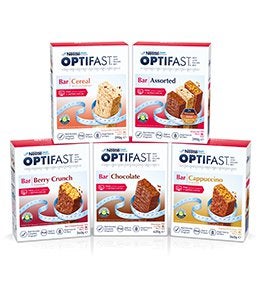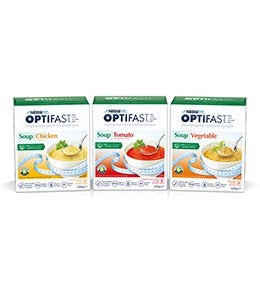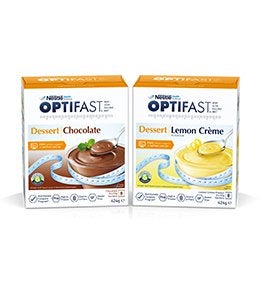Obesity is one of the most prevalent health conditions worldwide
Obesity is a condition in which excess build-up of fat leads to potentially adverse health conditions. People who are obese have an increased risk of health issues including heart disease, diabetes and cancer. While there are multiple factors which can contribute to obesity, lifestyle factors and nutritional status can play a large part in maintaining a healthy weight.
In Australia, 63% of adults are classified as overweight or obese1. Over the next 20 years, an estimated 123,000 men and women will die prematurely from conditions associated with their excess weight.2
The World Health Organisation (WHO) defines overweight and obesity as abnormal or excessive fat accumulation that presents a risk to health. Overweight and obesity are major risk factors for a number of chronic diseases, including diabetes, heart disease, breathing problems such as sleep apnoea, and cancer.
Weight loss has been shown to reduce the risk of these health conditions, with even a small reduction showing health benefits3.
While obesity is ultimately a condition caused by an imbalance between daily energy intake (calories from food and drinks) and energy expenditure (calories burnt through the body operating and physical activity), multiple factors can lead to such an imbalance. In addition to consuming more calories than required, several other factors such as genes, the surrounding culture and infrastructure, amount of sleep and even some medications may influence unintended weight gain.
While some of these factors are out of a person’s control, lifestyle habits and nutritional intake can be adapted for a person to achieve and maintain a healthy weight. Both increasing activity (burning more calories) and reducing intake (eating fewer calories) can help restore a proper energy balance.
At Nestlé Health Science, we are actively engaged in developing nutritional therapies to help improve conditions like obesity and the quality of life of patients with such conditions.
1. Australian Bureau of Statistics 2012
2. Stewart, S. et al., 2008. Australia’s future ‘Fat Bomb’: A report on the long-term consequences of Australia’s expanding waistline on cardiovascular disease, s.l.: Baker Heart Research Institute.
http://www.bakeridi.edu.au/Assets/Files/fatBomb_report.pdf
3. National Health and Medical Research Council. Clinical practice guidelines for the management of overweight and obesity in adults, adolescents and children in Australia. Melbourne, 2013.








